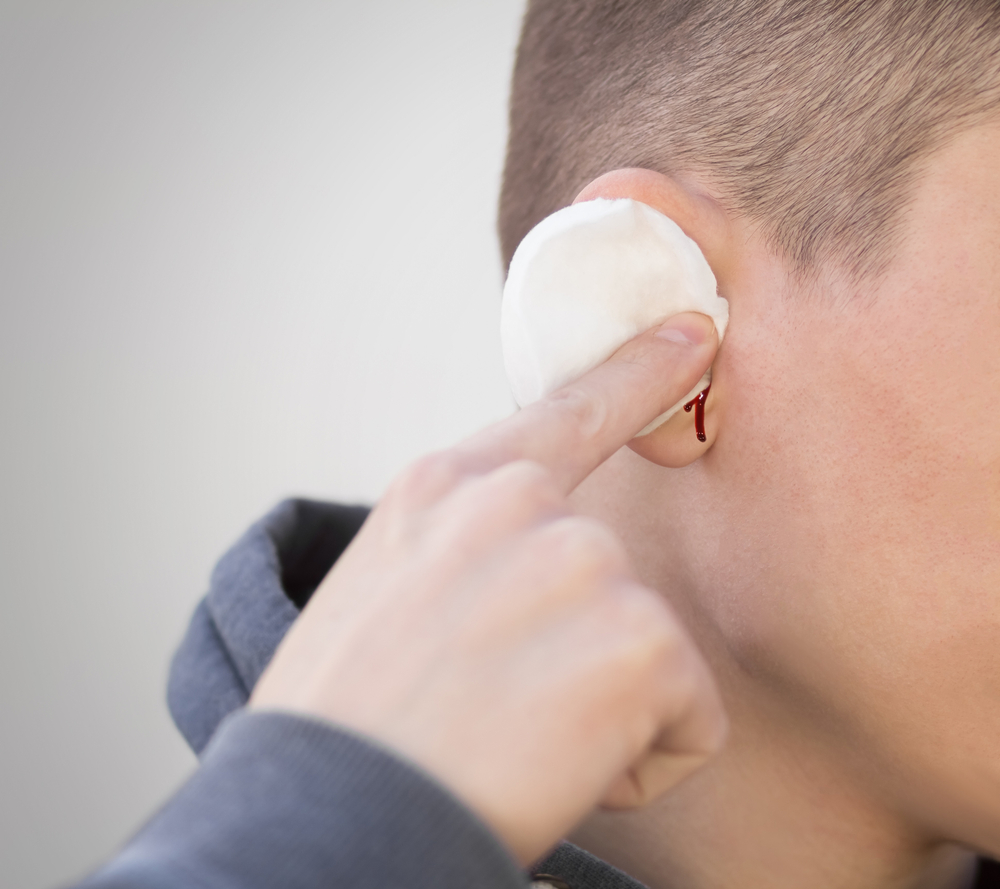As the winter season sets in, it brings a mix of cozy indoor moments and beautiful snowy landscapes—but it can also be a challenging time for those who suffer from sinusitis. Cold weather, dry indoor air, and seasonal allergens can contribute to sinus problems that cause discomfort, including sinus pressure, a runny nose, coughing, and sinus inflammation. Understanding the specific winter-related risks for your sinuses and implementing a few preventive measures can go a long way in keeping your airways clear.
How winter weather affects your sinuses
Winter is a time when sinusitis becomes more prevalent due to several factors. Cold air, indoor heating, and the presence of winter allergens combine to create an environment where sinus problems thrive. Cold air causes the nose to produce more mucus, which can easily become thickened and block the sinuses. On top of this, indoor heating systems dry out the air, which irritates the delicate tissues inside the nasal passages and increases the chances of inflammation.
How do winter allergens trigger sinus infections?
While most people associate allergens with the spring and summer seasons, winter allergens can be just as troublesome. The winter months can introduce a range of irritants into your home that aggravate sinus issues, including:
- Dust Mites: These tiny pests thrive in warm indoor environments, particularly in areas heated by your furnace.
- Mold: Damp areas of the home, such as basements and bathrooms with poor ventilation, create ideal conditions for mold to flourish.
- Pet Dander: Increased time spent indoors with pets during the winter months can elevate exposure to pet allergens.
- Wood Smoke: The use of fireplaces during the colder months can release particles into the air that irritate the nasal passages and sinuses.
These allergens can cause inflammation and congestion, which increases the risk of sinus infections. Limiting exposure to these irritants is key to maintaining clear sinuses throughout the winter.
How colds and flu contribute to sinusitis
Winter is also synonymous with cold and flu season, which can directly lead to sinusitis. The inflammation from these illnesses causes the nasal passages and sinuses to become blocked, preventing the normal drainage of mucus. When this happens, bacteria can grow in the sinus cavities, causing a bacterial sinus infection.
You can reduce your risk of developing sinusitis by taking steps to avoid colds and the flu. Consider getting vaccinated, practice frequent handwashing, and avoid close contact with individuals who are sick to minimize your chances of catching an illness that could lead to sinusitis.
Top tips for preventing winter sinus infections
To help prevent sinusitis during the winter months, try incorporating these effective strategies into your routine:
Practice good hygiene to prevent colds and the flu
Since colds and flu are common triggers for sinus infections, preventing these illnesses is crucial. To lower your risk:
- Wash your hands regularly, especially after being in public places.
- Stay away from individuals showing symptoms of colds or flu.
- Get your annual flu shot to further protect yourself from influenza.
Use stem to ease sinus pressure
A natural way to relieve sinus congestion is through steam.
- Take a hot shower or lean over a bowl of steaming hot water while covering your head with a towel to trap the steam.
- Add essential oils such as eucalyptus or peppermint to enhance the steam’s decongestant effects.
The warm, moist air helps loosen mucus, reduces sinus pressure, and encourages better airflow through your nasal passages.
Keep your nasal passages moist
Dry air can irritate your nasal membranes, making it easier for mucus to become thick and block your sinuses. To keep your nasal passages hydrated, try these tips:
- Use a saline nasal spray to keep mucus flowing and your nasal passages moist.
- Run a humidifier in your bedroom to maintain proper moisture levels, particularly in rooms with forced air heating.
Elevate your head while sleeping
Sleeping in a slightly elevated position can help your sinuses drain more effectively and reduce the buildup of mucus.
- Use an extra pillow to prop up your head while you sleep, preventing congestion from worsening.
- Avoid sleeping flat on your back, as this can exacerbate sinus pressure.
Maintain clean air filters
Indoor air can carry allergens like dust, pet dander, and pollen, which worsen sinus problems.
- Change your HVAC filters every 2-3 months to ensure clean air circulation.
- Consider switching to HEPA filters, which trap even the smallest particles and help keep your indoor air clean.
Stay hydrated
Drinking plenty of water is essential for maintaining healthy sinuses.
- Aim to drink enough fluids throughout the day to prevent mucus from thickening.
- Avoid dehydrating beverages like alcohol and caffeine, as they can dry out your nasal passages.
When to consult an ENT specialist
If your sinus symptoms persist for more than 10 days despite home remedies or worsen over time, it may be time to seek medical advice. You should consult an ENT specialist if:
- Your symptoms are accompanied by severe facial pain, swelling, or fever.
- You experience chronic sinus infections that don’t respond to typical treatments.
An ENT specialist can help identify underlying causes and provide more targeted treatments to alleviate your sinus problems.
By following these tips and taking proactive measures, you can minimize your chances of suffering from sinusitis this winter and breathe easier all season long. Reach out to an ENT specialist in your area if you have concerns about your sinus health and need further guidance or treatment.



